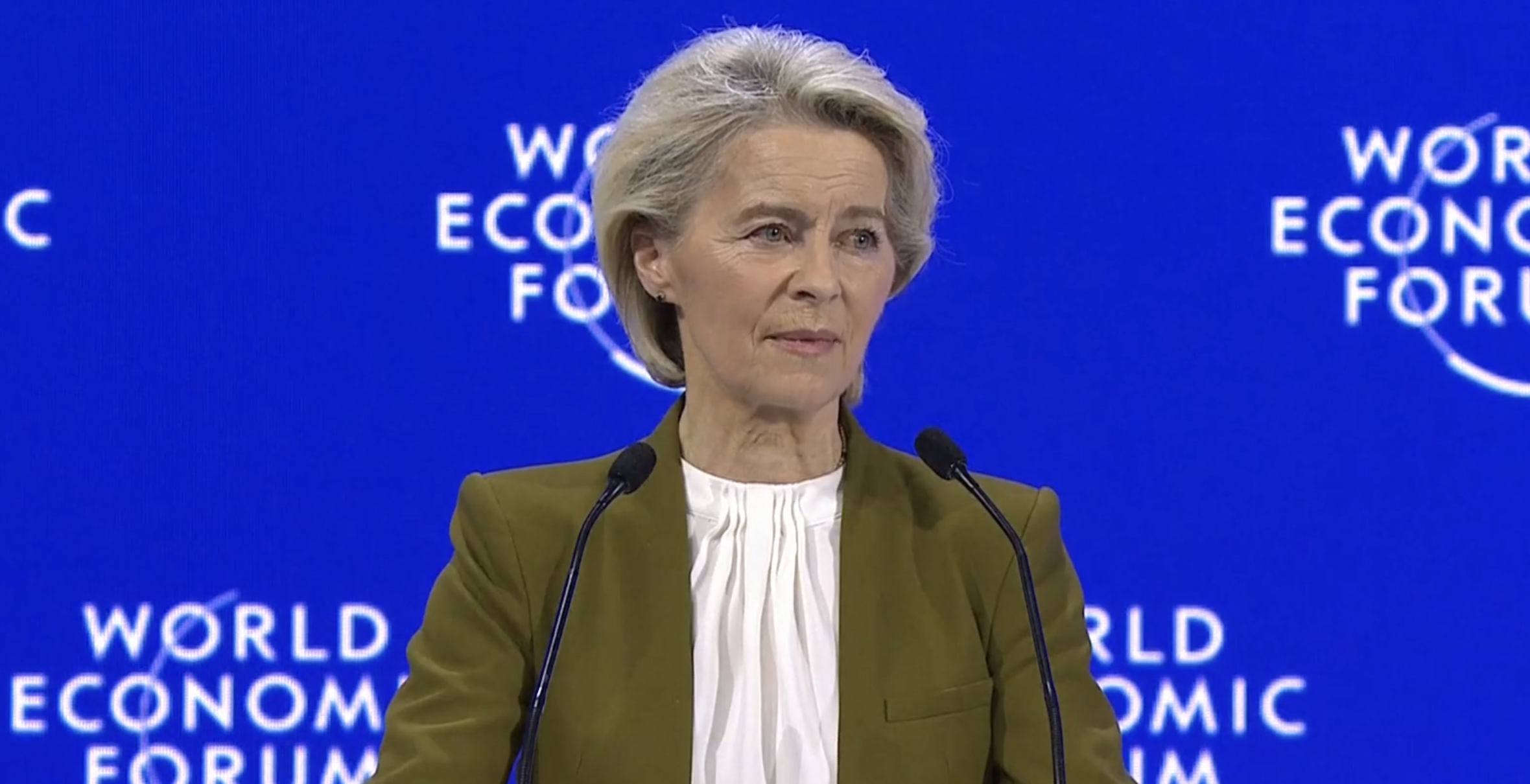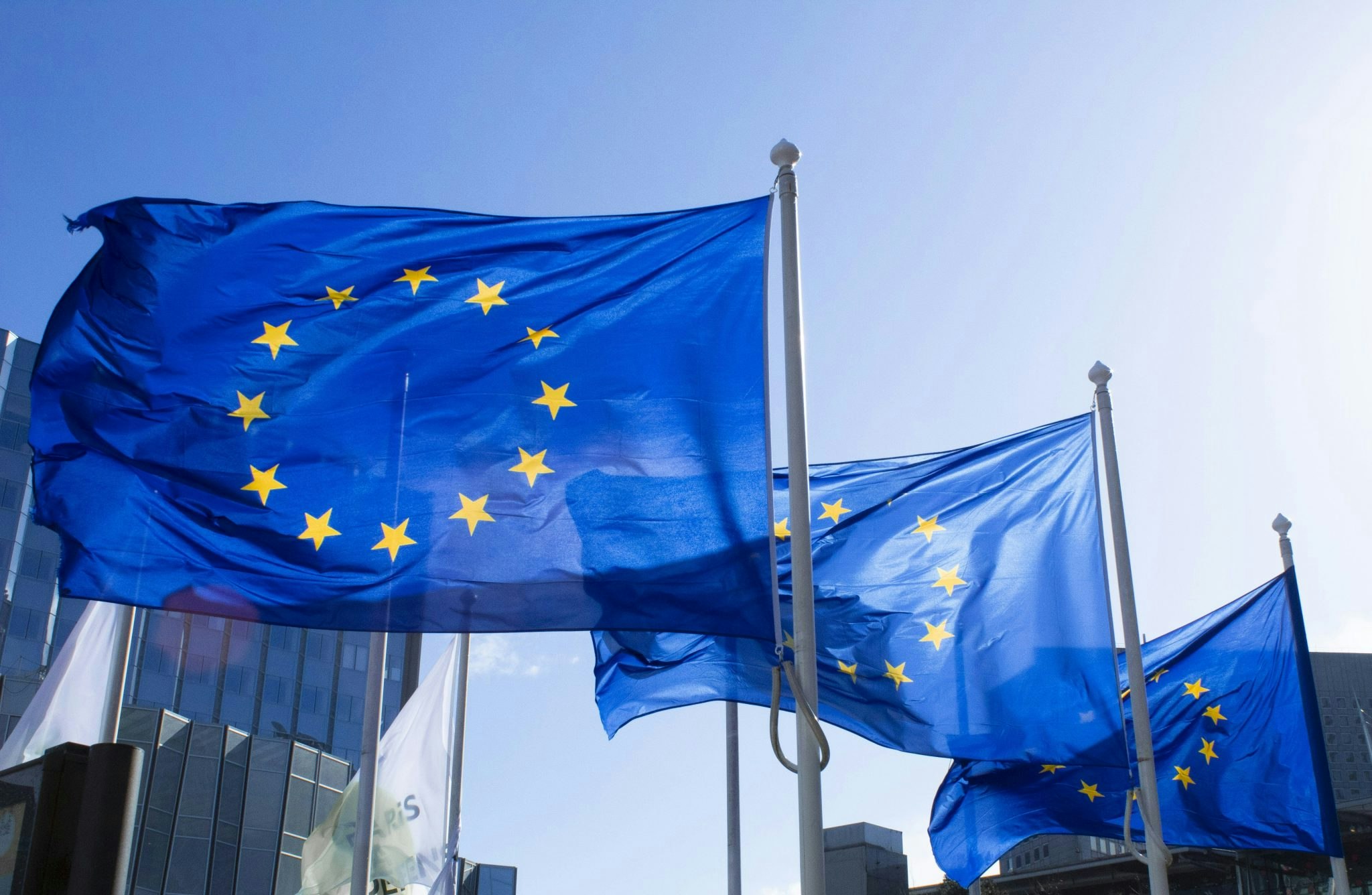The EU has rejected widespread industry calls to pause the rollout of its controversial AI Act, while promising to simplify and streamline key pieces of legislation.
The Act, which is coming into force in stages over two years, has faced mounting criticism from tech companies at home and abroad over what business leaders characterise as unnecessarily burdensome regulation.
In particular, details of a “code of practice” for companies using GenAI, intended to serve as a checklist against which businesses can measure their compliance with the Act, have provoked backlash, with startup leaders and corporates publishing multiple open letters criticising the contents of the code.
The first, published exclusively in Sifted and backed by startups like Synthesia and Lovable, branded the law a “rushed ticking time bomb” which could force companies to move abroad. A second letter, published on Thursday and backed by Mistral and Black Forest Labs, said “unclear, overlapping and increasingly complex EU regulations” posed a threat to European competitiveness.
On Thursday, EU officials said these guidelines designed to help companies comply with the Act may not apply until the end of the year, following a week of intense criticism from business and political leaders. The next day, Brussels doubled down, insisting there would be no delay to the Act's implementation.
"I've seen, indeed, a lot of reporting, a lot of letters and a lot of things being said on the AI Act. Let me be as clear as possible, there is no stop the clock. There is no grace period. There is no pause," a Commission spokesperson said at a press conference on Friday.
"We have legal deadlines established in a legal text. The provisions kicked in February, general purpose AI model obligations will begin in August, and next year, we have the obligations for high risk models that will kick in in August 2026," he said.
Kitty Mayo, CEO of early-stage funding initiative Project Europe, tells Sifted: “This will be incredibly harmful to early-stage companies who will have to shoulder the cost of hiring compliance experts to help them interpret the legislation. This will meaningfully shorten runways and kill companies.”
She adds: “This is a masterclass in how to eliminate the ascendant generation of incredibly promising European AI companies.”
The code was designed to clarify how parts of the Act would work in practice. Obligations on some AI companies to provide “detailed summaries” of their training data kick in next month, despite ongoing criticisms.
“Citizens and businesses have been waiting for years already for a framework to ensure the quality, trustworthiness and safety of AI technologies,” says Nick Moës, executive director of AI ethics nonprofit The Future Society.
“Delaying the enforcement even further is breaking a promise to European citizens and businesses, a promise made when the AI Act became law over a year ago.”



